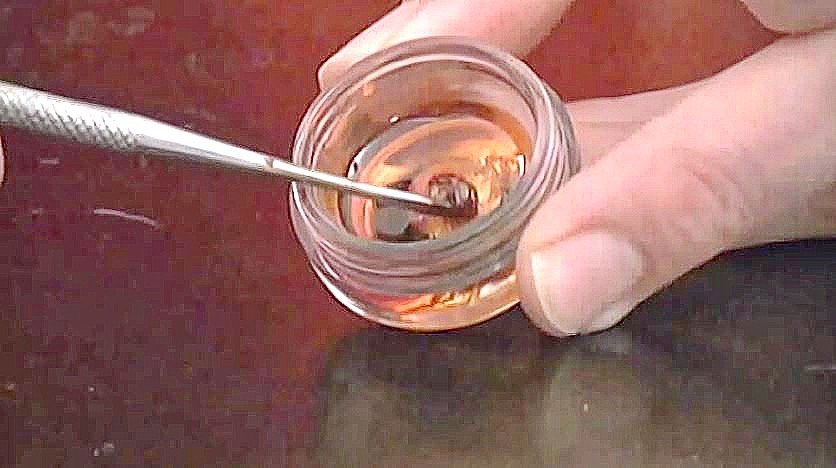BIRMINGHAM, AL (WBRC) – Last Tuesday afternoon, Michelle Graham stood in the lobby of the Civitan building on UAB's campus with tears brimming in her eyes.
Her husband and son stood close by. In a large stroller underneath her hand, her 3-year-old daughter Christian lay motionless, her eyes closed, her breathing barely noticeable. Christian has epilepsy.
"She suffers daily," Michelle explained. "She doesn't walk. She doesn't talk. She's on tons of medicines that don't permit her to do any of these things."
Christian was diagnosed at age one. Michelle says her daughter used to talk a little until she was given one particular medicine.
The up side: it cut Christian's seizures down from more than 100 to roughly 20 a day. The down side: Christian can barely move on her own.
But while the tears skirting Michelle's eyes were for her daughter last Tuesday, it wasn't because she was sad. They were tears of hope.
"I cried. I bawled my eyes out and was happy that my child has a chance at a future and a chance to go out and play with the other kids and not just sit back and watch," she said while holding back tears.
Her excitement came in response to learning the federal government had given final approval last Monday to UAB doctors to begin conducting studies using cannabidiol, or CBD oil.
The oil is derived from marijuana plants.
"This has been a long process," explained Dr. David Standaert, who chairs the UAB Neurology Department. "Carly's Law was passed a year ago and we estimated it would take at least six months. Turned out it took twice as long to get to the end."
But Standaert says early Monday morning doctors received final FDA and DEA approval.
Standaert says he hopes the studies can begin in a couple of weeks. There will be one study for children and one for adults. The participants will have to go through a screening process and submit an application to be considered by a medical review board.
Participants must have epilepsy and have not responded to conventional therapies.
"We'll be looking very carefully at the question of whether this is safe, are there side effects that are observed," Standaert explained. "We'll be looking to see whether there's a change or reduction in seizure frequency.
The studies came about after a push from Hoover resident Dustin Chandler in support of his daughter, Carly, who has a genetic disorder called CDKL5. The disease causes her to have uncontrollable seizures.
Chandler admits the approval process challenged his family's patience, especially after having to get legislative help to encourage the FDA to render final approval. But last Tuesday, his spirits were high.
"It may not work for Carly," Chandler said at a news conference last Tuesday. "I've said it a lot. It may not work for my daughter. But it may work for somebody and that's what it's all about."
There are other studies using CBD oil. But UAB's study will be one of the largest in the nation.
A vendor has already agreed to provide UAB with 100 doses of the medication used during the study.
"The vendor has agreed to supply this at no charge … a tremendous benefit to the state," Standaert explained. "I don't know what this would cost, there's not a published price but it would not be cheap."
He says about one percent, or 40,000, of Alabamians suffer from epilepsy. Nearly 400 have inquired about the studies. Twenty have already submitted applications. That includes Michelle Graham on Christian's behalf.
"I have tremendous hope in the study…that it's going to help all our kids and hopefully adults," she says, her tears now given way to a slight smile. "And hopefully one day it'll go on to help with things other than epilepsy."





























